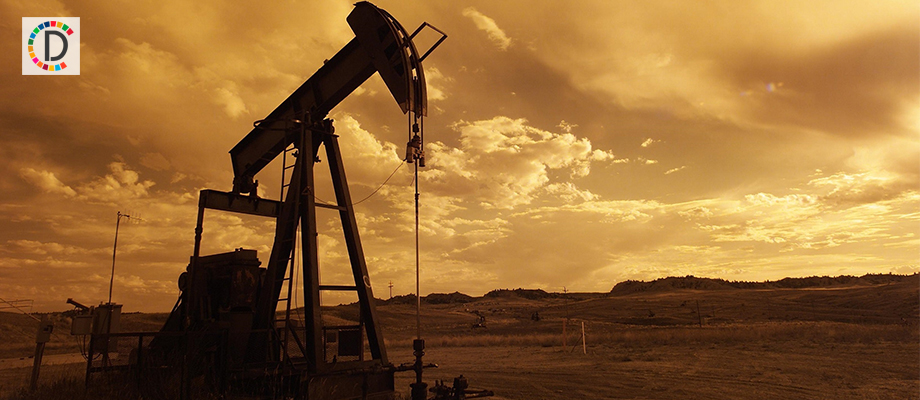Budweiser brewer 'off track' on non-alcoholic beer target: sustainability chief
AB inBev is "off track" in reaching its goal that 20% of its beer volume would be non-alcoholic and low-alcohol by 2025, chief sustainability officer Ezgi Barcenas said in an interview on the sidelines of the World Economic Forum on Wednesday. "We are a little over 6% still," Barcenas said.

AB inBev is "off track" in reaching its goal that 20% of its beer volume would be non-alcoholic and low-alcohol by 2025, chief sustainability officer Ezgi Barcenas said in an interview on the sidelines of the World Economic Forum on Wednesday.
"We are a little over 6% still," Barcenas said. "We are off track." The Budweiser brewer's goals were made to support the World Health Organization in reaching its target to reduce harmful drinking - alcoholic beverage consumption that causes car accidents, diseases and birth defects - by 10% in every country by 2025.
Barcenas said that the goals were made before AB inBev's mega-deal with SABMiller Plc, leading to a dramatic change in the company's footprint. She also said AB inBev's "commercial strategy is changing." "What we really want to do is provide the consumer with choice and information," Barcenas said. "At the time this was announced, we didn't have the availability of choice. We want to focus on the choice as opposed to pushing the volume out."
AB InBev now has over 80 non-alcoholic and low-alcoholic beers and beverages, Barcenas said. Its brands include Hoegaarden Rose 0.0% and Jupiler 0.0%. Climate change and corporate actions to curb it are a theme at the World Economic Forum in the Swiss alpine town of Davos.
Barcenas said that soaring energy prices - seen by leaders at the WEF as potentially disrupting corporate climate goals - will speed up payback periods for green energy projects. "It's accelerating the transition and making the business case stronger to invest inefficiency," she said.
AB InBev has a goal to have net-zero carbon emissions across its value chain by 2040. Like many beverage and consumer product makers, it faces the biggest challenge in reducing its scope three emissions, which come from consumers throwing away beer cans and bottles and distribution.
(This story has not been edited by Devdiscourse staff and is auto-generated from a syndicated feed.)
- READ MORE ON:
- Davos
- World Economic Forum
- World Health Organization
- World
- Swiss
- AB inBev










